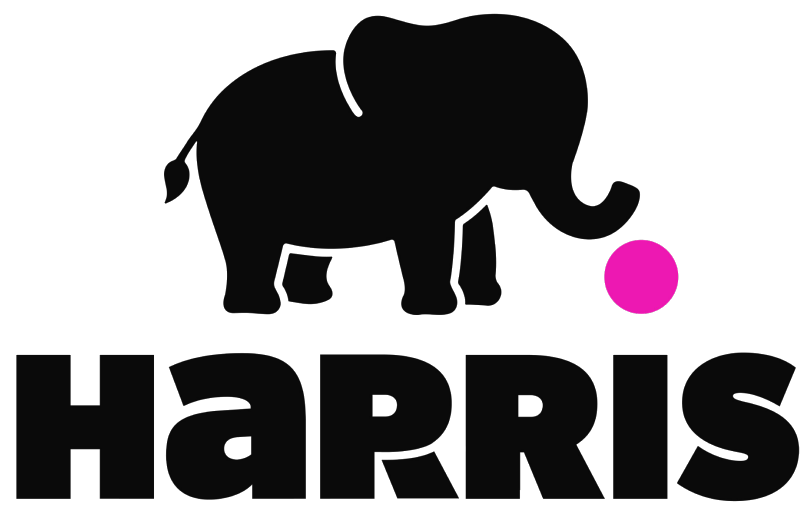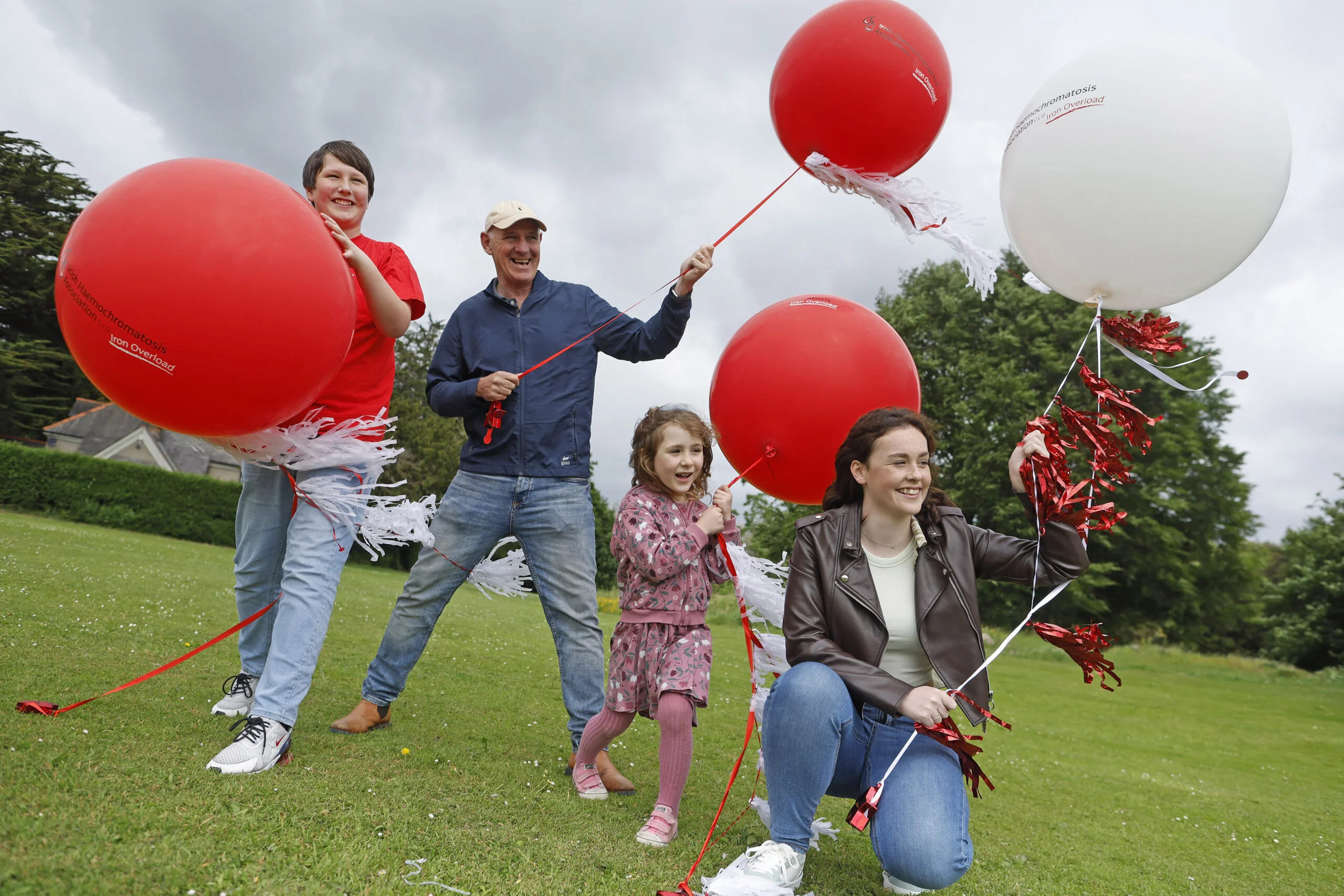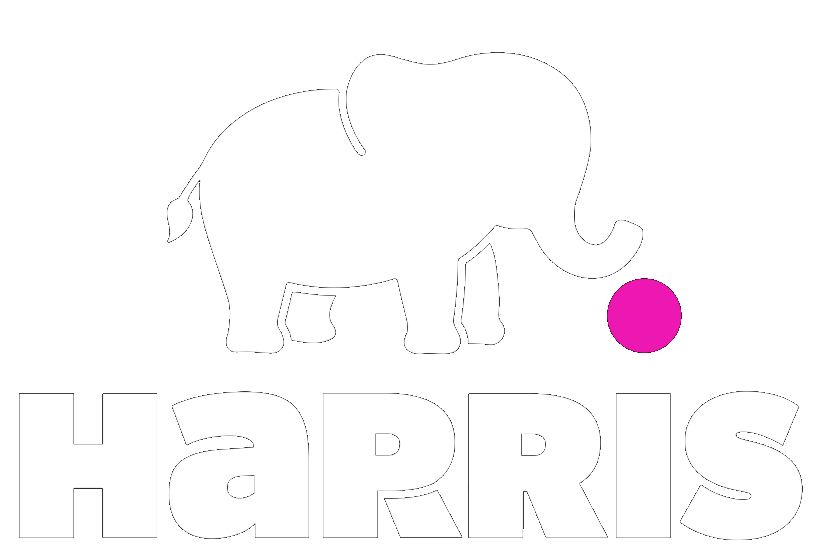It is estimated that 20,000 people in Ireland are living with undiagnosed cases of haemochromatosis or ‘iron overload’. Haemochromatosis is the nation’s most common genetic condition yet still remains one of the lesser known amongst the population.
In Ireland, 1 in 5 people are carriers, equating to a massive 20% of the population, and 1 in 83 people are predisposed to develop it. Ireland has the highest rates of this genetic disorder in the world, giving it the nickname ‘the Celtic Gene’. Recent research also shows that up to 1 in 10 people in Northern Ireland are at risk of having genetic Haemochromatosis.
Haemochromatosis is a genetic disorder where large amounts of iron are absorbed from the diet into vital organs, in other words ‘iron overload’. Early diagnosis is vital and if left untreated, iron overload can lead to organ damage or even premature death.
To mark World Haemochromatosis Awareness Week 2024, which will take place from 1st – 7th June, the Irish Haemochromatosis Association aims to raise awareness of the condition and is urging people to ‘Get Checked for Haemochromatosis’ and understand the symptoms in order to save lives – symptoms that range from chronic tiredness and joint pain, to abdominal pain and irregular heartbeat.
This year will see several City and County Councils throughout the country supporting the campaign and joining the wider, international initiative to ‘Light Up Red’, lighting up several iconic public buildings during World Haemochromatosis Awareness Week. Buildings being illuminated in red will include the Dublin Convention Centre, Fingal Town Hall, Cork City Hall, Limerick Council Offices, Sligo City Hall, Donegal Public Services Centre and Kerry County Council Buildings, Tralee, Princes Quay and Ashe Memorial Hall Building, Tralee, Killarney Town Hall and Kenmare Courthouse Building, Kenmare, Co. Kerry.
Helping to launch this year’s campaign is 19 year old Jessica Byrne, who was only recently diagnosed with the condition. Jessica is a student nurse, currently studying in Trinity College Dublin.
“As a young person with haemochromatosis it is so important for everyone to be aware of what haemochromatosis is. It’s so easy to overlook symptoms that can affect your studies and ability to enjoy life. My dad has haemochromatosis so I knew to get tested. Some of the symptoms that I experienced included chronic fatigure, joint pain and diabetes. The positives are that I can now bring my understanding of managing a life-long condition and living a full life to my future nursing career.”
Speaking about the awareness drive for World Haemochromatosis Awareness Week, Dr Maurice Manning, who lives with haemochromatosis and is current Chair of the Irish Haemochromatosis Association says, “Ireland has more cases than anywhere else in the world, that’s why it is vital that no Irish person should go undiagnosed. Our aim is for everyone to understand what Haemochromatosis is and to be aware of its prevalence in Ireland. Haemochromatosis, once diagnosed can be successfully treated and patients go on to live their lives to the full, without any impact.”
If anyone seeing this campaign and recognises any of the symptoms seek medical advice. Simply make an appointment with your GP and take a blood test. It could make all the difference.”
Dr John Ryan, Consultant in Hepatology and Gastroenterology at Beaumont Hospital, comments,
“Haemochromatosis is a genetic condition, more common in Ireland than in the rest of the world. When an individual has the affected gene, iron can build up in the body, potentially damaging the liver, heart and other organs. If Haemochromatosis is identified at an early stage, it is easily treatable through venesection. Since 2019, many patients can also donate blood through the Irish Blood Transfusion Service, where their blood is desperately needed. So finding people with Haemochromatosis and allowing them to donate blood is a win-win situation.”
Professor Suzanne Norris, Consultant in Hepatology and Gastroenterology at St. James’s Hospital says,
“Early diagnosis of haemochromatosis is vital, which is why serious complications as a result of haemochromatosis can be avoided if a patient is diagnosed as early as possible. The work of the Irish Haemochromatosis Association has helped to increase awareness of Ireland’s most common genetic disorder and educate the public on identifying symptoms and seeking treatment.”
The Irish Haemochromatosis Association was established over 25 years ago. Volunteers and Ambassadors such as David Beggy, GAA All Star, Mark Cagney, former RTE Presenter and Paul Harrington, musician, songwriter and former Eurovision songwriter winner, who all have Haemochromatosis, have promoted awareness of the disorder throughout recent years.
The public can support the vital work of the Irish Haemochromatosis Association, by making a donation to its work on the charity’s website www.haemochromatosis.ie or by donating via the Text to Donate service, Text ‘IRON’ to 50300 to donate €4. Funds raised will be used to support the IHA Helpline and provide information and resources for patients and their families.
Alternatively, the IHA are also encouraging members of the Irish community to come together with friends and family and host a small coffee morning during World Haemochromatosis Week, in an effort to raise awareness and potentially, funds, to assist the charity in their work throughout the year.
Contact:
For media queries, interviews or imagery, please contact IHA@harrispr.ie. We have a number of Haemochromatosis patients available for interview, as well as a number of medical professionals who specialise in treating patients with haemochromatosis.
Photography:
Julien Behal will provide press photography for print media via Harris PR and the Irish Haemochromatosis Association. All photos will be released to picture desks. For all photo enquiries contact IHA@harrispr.ie or miriam@haemochromatosis.ie
Website & Social
Visit www.haemochromatosis.ie for more information or support and follow the IHA on Twitter, Facebook or Instagram. Text ‘IRON’ to 50300 to donate €4.


